When a young person says, "Yes, I want a table." We think they are going to be the primary beneficiaries of the table experience. But, when all the people around the table are open to love, walls come down and tables get longer. People who may never have met come together to support a young person or a young family.
That is what has happened with the table described below. They love each other. They have open hearts and open minds and they have embraced each other completely. In a world of division and cynicism, this group has chosen to learn from each other. They celebrate Jewish and Christian holidays with each other and they learn from each other. They have built a second family with one another.
Please enjoy the article below written by Becky Brouman, Director of Volunteers, Community and Program Development at National Council of Jewish Women in Cleveland.
This Open Table got a little more open this Passover
Half of the 18 people sitting around Cheryl and Jack Miller’s table in Orange Village on Saturday night had never been to a Passover Seder before. In fact, before August most of the guests had not known each other at all.
But in late summer, seven community members – three Jewish women from National Council of Jewish Women/Cleveland and four black members of the New Life at Calvary church – joined forces and agreed to become a “community of hope” for a young adult who had aged out of the foster care system, using a model called Open Table as their resource for helping Ebony, the young mentee, thrive. Though there Open Tables in more than 180 international cities and communities, The NCJW/Cleveland/ New Life at Calgary table is the first mixed race table in the world. In the past seven months, the group has become more than just a support system for Ebony – they have become a family. As Cheryl says “My life –and my world –has changed because of Open Table.”
Reading from a specially-put together Haggadah with a social justice bent, the group acknowledged the 50th anniversary of Martin Luther King Junior’s death – which fell over Passover this year – and sang about the need to continue his work of both physical and spiritual liberation. Together they read aloud the words: “We must liberate ourselves and each other from prejudice and poverty and violence and injustice”-- and together joined in the singing of Dayenu, while talking about their own gratefulness for each other.
“What we have learned from countless wars and tragedies –and from Open Table -- is that when
someone is in need, we have a responsibility to help them,” Jack Miller said. The sentiment had particular resonance for him, Miller said, because both his parents were Holocaust survivors, who had lost their entire families in the war. But they had the hope and resilience and support from different communities back in the States to rebuild. “My father had me when he was 55,” he revealed.
It was fitting that the words were followed by the dipping of parsley into salt water. “I feel like we are absorbing each other’s tears,” table member Lori Williams said, adding: “This is my first Seder, but I intend on coming back every year."

